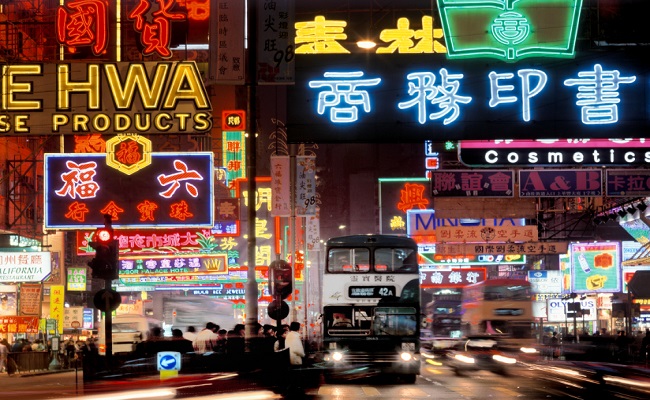The week that was: Premier Li Keqiang shakes hands with the Queen, RMB gains more tradability , and some facts about the over-exaggerated Chinese property bubble.
Li Keqiang Goes Shopping in the UK
Following President Xi Jinping’s visit to Europe in March, Chinese Premier Li Keqiang visited the UK and Greece this week, taking with him contracts that are worth tens of billions of dollars.
Those include a $20 billion deal for British Petroleum (BP) to supply liquefied natural gas (LNG) to China Offshore Oil Corporation (CNOOC). According to Reuters, a lot of the gas will be sourced through BP’s US export plant in Texas.
China is seeking cleaner energy globally, as the country’s air pollution deteriorates in recent years due to its over-reliance on coal. Last month, China went into a 30-year, $400 billion gas supply deal with Russia.
Besides gas, China has also won the opportunity to own and operate a nuclear power plant as well as build high-speed rail lines in the UK, according to the Guardian. Among the personal gifts that British Prime Minister David Cameron gave Li, there’s a copy of the shooting script for the first episode of Downtown Abbey, signed by the show’s creator, the newspaper said.
RMB’s internationalization: new milestones
Two key progress for the Chinese currency this week: renminbin (RMB) becomes directly tradable against the pound and the People’s Bank of China announces the first RMB clearing bank in the eurozone. The moves could lay the groundwork for direct tradability between RMB and euro in the future.
Direct trading means that the exchange rate between the two currencies will be decided without involving a cross rate with the US dollar. The pound is the fifth major currency that can be traded directly against RMB, according the South China Morning Post. The rest are the Australian dollar, the New Zealand dollar, the Japanese yen and the US dollar. China Construction Bank was named the clearing bank of RMB in London earlier this week.
In Frankfurt, Germany, Bank of China’s local branch was selected as the first clearing bank of RMB in the eurozone. The two countries’ central banks agreed in March to promote the use of RMB, and at least three RMB-denominated bonds have been issued in Frankfurt since then.
Are China’s Property Woes Overblown?
China’s chilling real estate market has caused a lot of worries—new home prices in major cities fell 0.2% in May and the year-on-year rise of 5.6% was the slowest in 13 months, according to Reuters. Will a housing crash drag down the world’s second largest economy, as the sector accounts for about 15% of the country’s GDP?
For some China analysts, the answer is no. The first reason is that China’s first and second homebuyers have to make high downpayment (30% and 60% to 70% respectively), which greatly reduces risks for banks; the second reason is that Chinese households have very low debt—according to International Monetary Fund, Reuters reported, Chinese families has the fourth-lowest level of debt among 11 Asian countries and it only accounts for about 12% of China’s GDP, which makes a large-scale mortgage default unlikely; the third reason is that the government is providing support to the housing market through carefully engineered “mini stimulus” measures—the targeted cut on required reserve ratio has expanded to at least two bigger commercial banks this week (Commercial Bank and Minsheng Bank), freeing up more cash that may eventually find its way into the housing sector.
While the property market pose risks to the Chinese economy, as a fall in home values will lead to less spending and slowing constructions may reduce employment, some analysts believe that the cyclical correction may cut housing oversupply, which is good for the economy in the long run.
Corporate China is deep in Red
While Chinese households have relative low financial stress, Chinese companies face much tougher situations.
According to rating agency Standard&Poor’s, Quartz reported, China’s public companies have borrowed more money than their American peers by the end of 2013 ($14.2 trillion vs $13.1 trillion), thanks to cheap money provided by Beijing after the 2008 financial crisis. Together with rampant shadow-banking practices,corporate China is now the world’s most indebted.
Although the government has realized the danger of excessive credit, companies are still piling up more and more debt, according to Standard&Poor’s report, which predicted that by 2018, their debt would reach between $21.9 trillion to $23.9 trillion, or one third of the global corporate debt.
But before your jaw drops, The Economist argued that Standard&Poor’s number may be a little inflated, as all China’s local government financing vehicles are counted as “non-financial corporations” in the calculation, which means that a significant portion of those $14.2 trillion could actually be “government debt in disguise”.




















